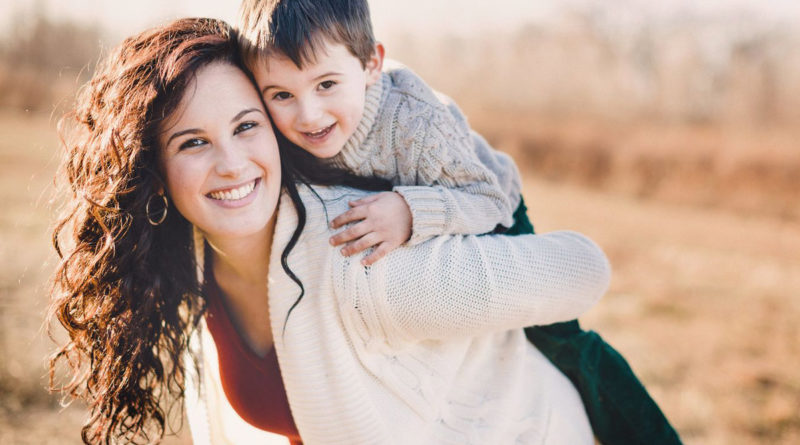COVID-19 VAX: Q & A- What parents need to know about the COVID vaccine for children ages 5-11
.
A huge swath of young people in the U.S. — roughly 28 million children ages 5 to 11 — are now eligible to receive Pfizer’s COVID-19 vaccine, and millions of parents are understandably following this development closely.
The final regulatory step was completed Tuesday, after a unanimous show of support from a Centers for Disease Control and Prevention advisory panel — and after the Food and Drug Administration granted emergency use authorization for the first pediatric COVID-19 vaccine last Friday.
According to the CDC, although children are less likely to get severely ill from COVID-19, 1.9 million kids between the ages of 5 and 11 have been infected. Those infections resulted in 8,300 hospitalizations and nearly 100 deaths within this age group.
Distribution of Pfizer’s COVID-19 pediatric vaccine will scale up to full capacity starting Nov. 8, according to the CDC.
Yahoo News spoke to Dr. Lucy McBride, an internal medicine physician in Washington, D.C., about what parents and caregivers should know about this development.
(Some responses have been edited for clarity.)
Yahoo News: Why should children ages 5 to 11 get the COVID-19 vaccine?
McBride: Parents and caregivers of children between the ages of 5 and 11 should strongly consider getting their child vaccinated because COVID-19 can affect children. While kids are generally less at risk for severe outcomes from COVID-19, there have been kids who have gotten very sick, there have tragically been kids who have died from COVID and getting the vaccine is a lot safer than getting COVID-19.
How effective is the Pfizer COVID-19 vaccine for children ages 5 to 11?
The clinical trial that was run that tested the vaccine in 5-to-11-year-olds showed that the vaccine is over 90 percent effective at preventing symptomatic COVID-19 in this age group.
Where can parents get their children vaccinated, and is there any cost?
The COVID-19 vaccine for children, like it is for everyone, should be free, and parents and caregivers can start to find the vaccine at regular pharmacy chains at pediatrician’s offices and community health centers starting the week of Nov. 8.
What are the known side effects of the vaccine for children ages 5 to 11?
The common side effects of the vaccine in kids ages 5 to 11 mirror the same side effects in adults, in the sense that they can get redness, pain and swelling at the injection sites. The clinical trials for 5-to-11-year-olds were small enough that we couldn’t detect a safety signal. In other words, parents and caregivers are understandably worried about the potential for myocarditis [inflammation of the heart muscle] related to the vaccine, but the trial did not show that safety signal. That’s not to say that myocarditis couldn’t exist or can’t happen. And that we won’t see that as more and more children around the country get vaccinated. Myocarditis can happen as a result of viruses, including COVID-19; there’s a rare but real potential for vaccine-related myocarditis particularly in young men and teenage boys, but again, the risk of COVID-19 on the heart is greater than the potential risk for myocarditis in this population.
What is the recommended dose and timeline for COVID-19 vaccinations for children?
The Pfizer vaccine dose for kids ages 5 to 11 is 10 micrograms, which is one-third the adult vaccine dose. A lot of parents and caregivers are wondering which dose their child should get if they turn 12 between the two vaccine doses. And I think this is exactly where parents, caregivers and pediatricians should have a discussion, but I think it would be fine to get the smaller dose. But of course, these are nuanced individual discussions that are best had in the pediatrician’s office.
Can children get the COVID-19 vaccine the same day as other vaccinations?
You absolutely can have your COVID shot on the same day as your flu shot. It’s also important to recognize that so many kids and adults for that matter are behind on their routine vaccinations. And once they see the pediatrician, they should make sure they’re catching up on all of those important shots.
Will vaccinating children ages 5 to 11 help reduce COVID-19 transmission?
We don’t have proof from the small clinical trial on the 5-to-11-year-old age category that the vaccine reduces transmission, but it would really break our understanding of immunology and biology if the vaccine in this age group didn’t reduce transmission from the recipient of the vaccine to other people. First of all, you have to have an infection with coronavirus in order to transmit it to other people. So insofar as the vaccine reduces your risk of being infected, it also reduces your risk of transmitting the virus to other people. Secondly, that’s what vaccines do. They neutralize the virus so that the host, the recipient of the vaccine, is less likely to get sick and they’re less likely to then pass it on to other people.
.
If children get vaccinated, what does it mean for masks in schools?
Kids have suffered enormous collateral damage socially, emotionally and from learning losses due to ongoing pandemic restrictions. We need to start thinking about off-ramps for pandemic restrictions. Kids and adults cannot mask forever, nor should they. Once we have been vaccinated, we have taken the best step towards protecting ourselves, our families and our communities. And at that point we should really talk about unmasking.
.













